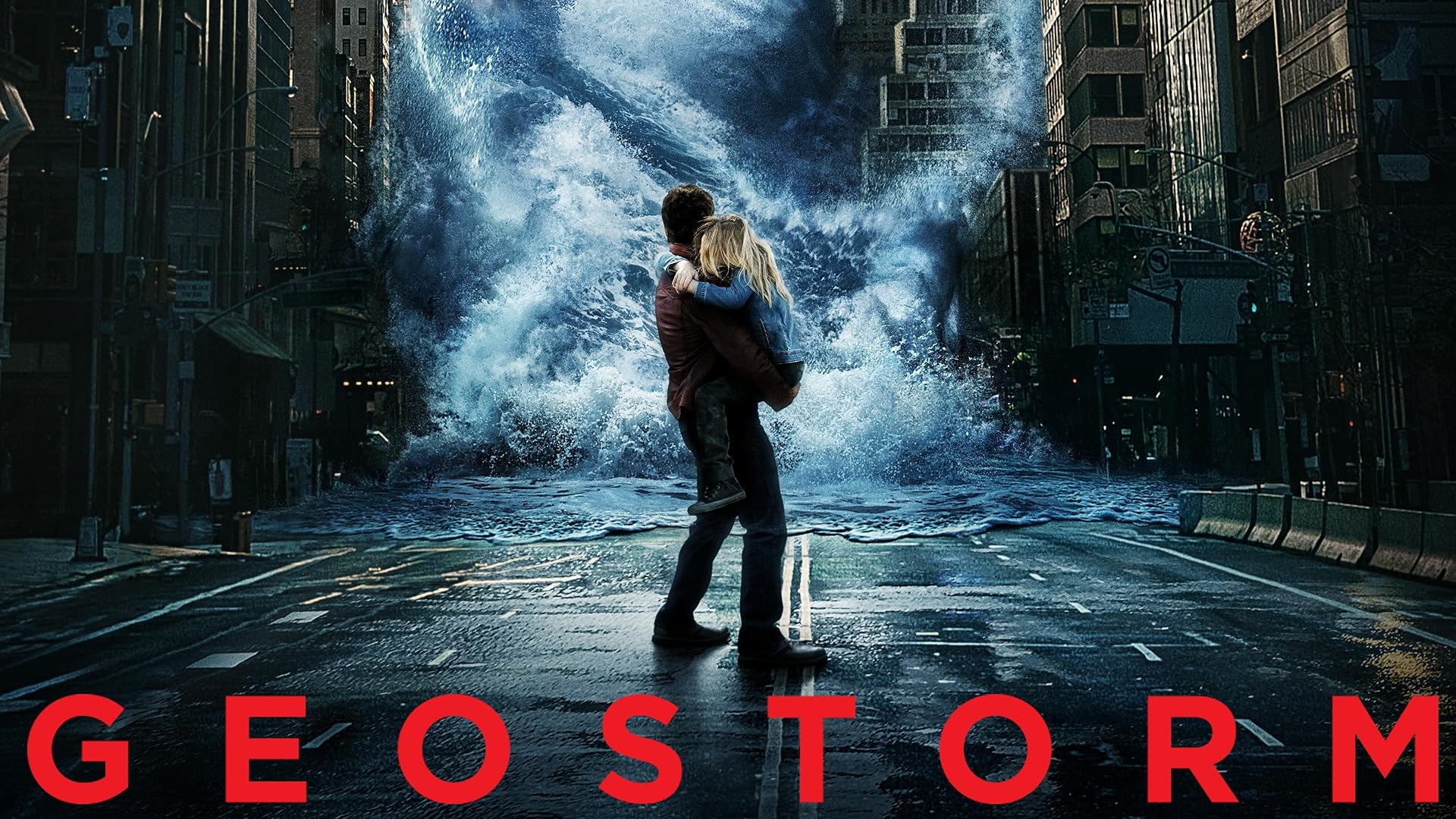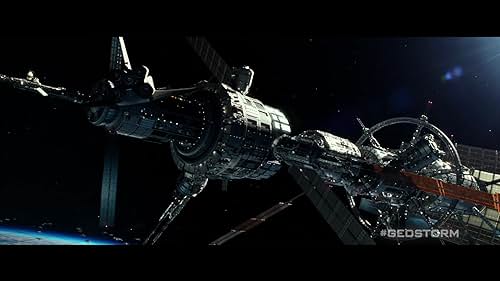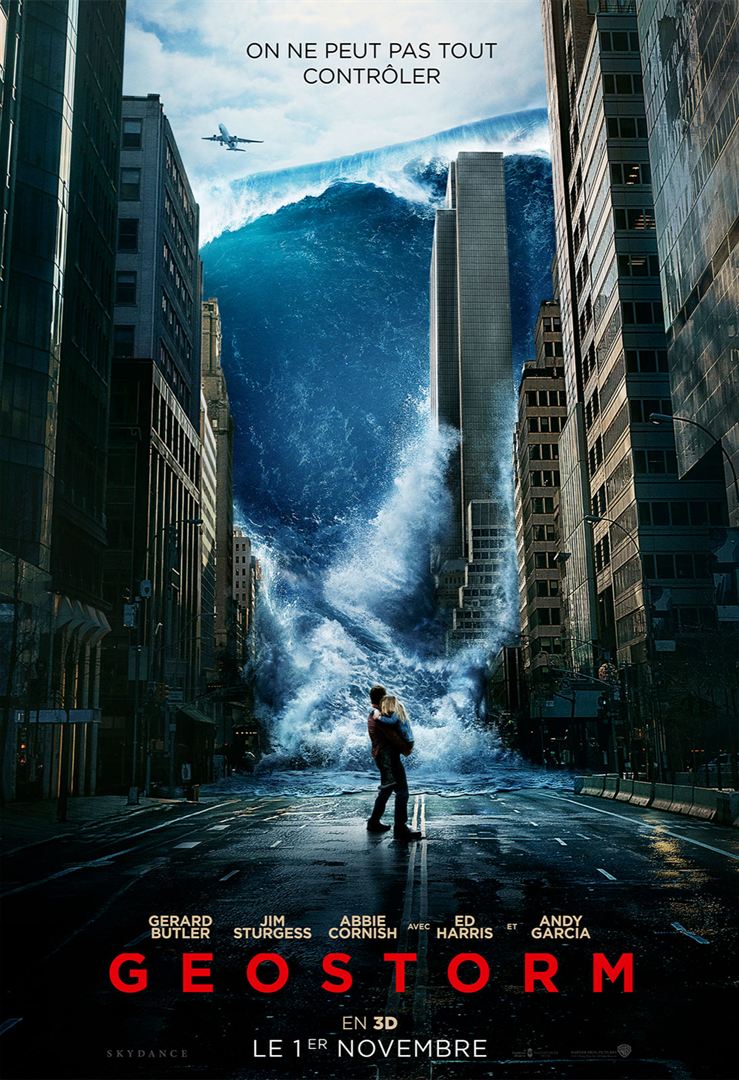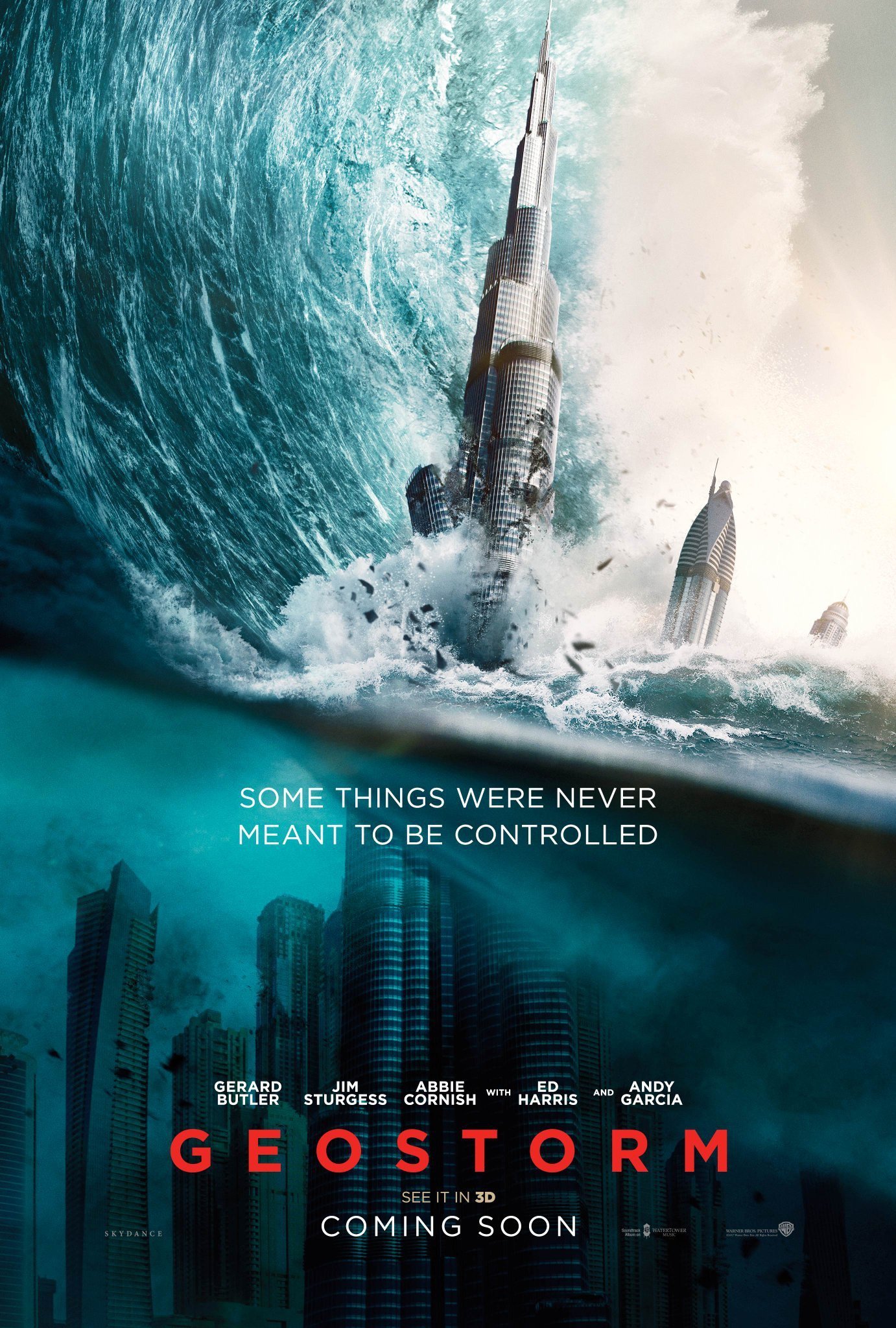Geostorm (2017)

“Geostorm,” directed by Dean Devlin, catapults audiences into a near-future world where climate-controlling satellites, designed to mitigate natural disasters, malfunction spectacularly. This disaster science-fiction film, released in 2017, stars Gerard Butler as Jake Lawson, a brilliant scientist and estranged creator of the satellite network known as Dutch Boy. The film unfolds with a relentless sequence of catastrophic weather events triggered by the satellite’s malfunction, threatening to plunge the world into chaos and destruction.
The premise of “Geostorm” revolves around the concept of geoengineering gone awry. In the film’s universe, the satellites were originally launched to prevent natural disasters such as hurricanes, typhoons, and droughts by manipulating the Earth’s climate. However, when these satellites start causing apocalyptic weather anomalies—ranging from massive hailstorms in Tokyo to deadly heatwaves in Afghanistan—the stakes escalate dramatically.
Gerard Butler’s portrayal of Jake Lawson drives the narrative forward with his rugged charm and determined heroism. As the architect of Dutch Boy, Butler’s character is reluctantly drawn back into action when it becomes clear that someone is manipulating the satellite system to create a “geostorm”—a cataclysmic event that could wipe out humanity. Butler’s performance balances scientific brilliance with emotional depth, showcasing his character’s personal struggles and relentless pursuit of redemption.

The film’s visual effects are a standout feature, immersing viewers in a world where skyscrapers are toppled by tsunamis and entire cities are frozen in seconds. The CGI-rendered disasters, while occasionally over-the-top, amplify the film’s sense of scale and urgency. From tornadoes tearing through crowded streets to lightning strikes decimating landmarks, “Geostorm” delivers on its promise of high-stakes spectacle and jaw-dropping destruction.
Director Dean Devlin, known for his work in disaster films and sci-fi genres, infuses “Geostorm” with a fast-paced narrative that rarely lets up. The film balances its intense action sequences with moments of human drama, exploring themes of sacrifice, redemption, and the consequences of unchecked scientific hubris. While the plot occasionally leans into predictable tropes of the disaster movie genre, such as last-minute rescues and heroic sacrifices, it maintains a sense of urgency that keeps audiences engaged.

The supporting cast, including Jim Sturgess as Jake’s estranged brother Max Lawson and Abbie Cornish as Secret Service agent Sarah Wilson, adds depth to the storyline with their respective arcs and motivations. Their characters navigate political intrigue and personal dilemmas amidst the global crisis, adding layers of tension and moral complexity to the film’s narrative.
One of the film’s strengths lies in its depiction of global cooperation and the ethical dilemmas surrounding climate intervention. As nations grapple with the fallout of Dutch Boy’s malfunction and scramble to avert disaster, “Geostorm” raises pertinent questions about humanity’s relationship with technology and the consequences of playing god with nature.

The musical score, composed by Lorne Balfe, underscores the film’s emotional beats and enhances its suspenseful moments. The soundtrack complements the grandeur of the visual effects, heightening the tension during climactic scenes and punctuating the characters’ emotional journeys.
In conclusion, “Geostorm” delivers a thrilling disaster movie experience driven by Gerard Butler’s charismatic performance, impressive visual effects, and a storyline that blends science fiction with contemporary environmental concerns. Despite its occasional clichés and predictable plot twists, the film succeeds in entertaining audiences with its spectacle and exploring thought-provoking themes. As an action-packed journey through a world on the brink of catastrophe, “Geostorm” remains a memorable entry in the disaster sci-fi genre.